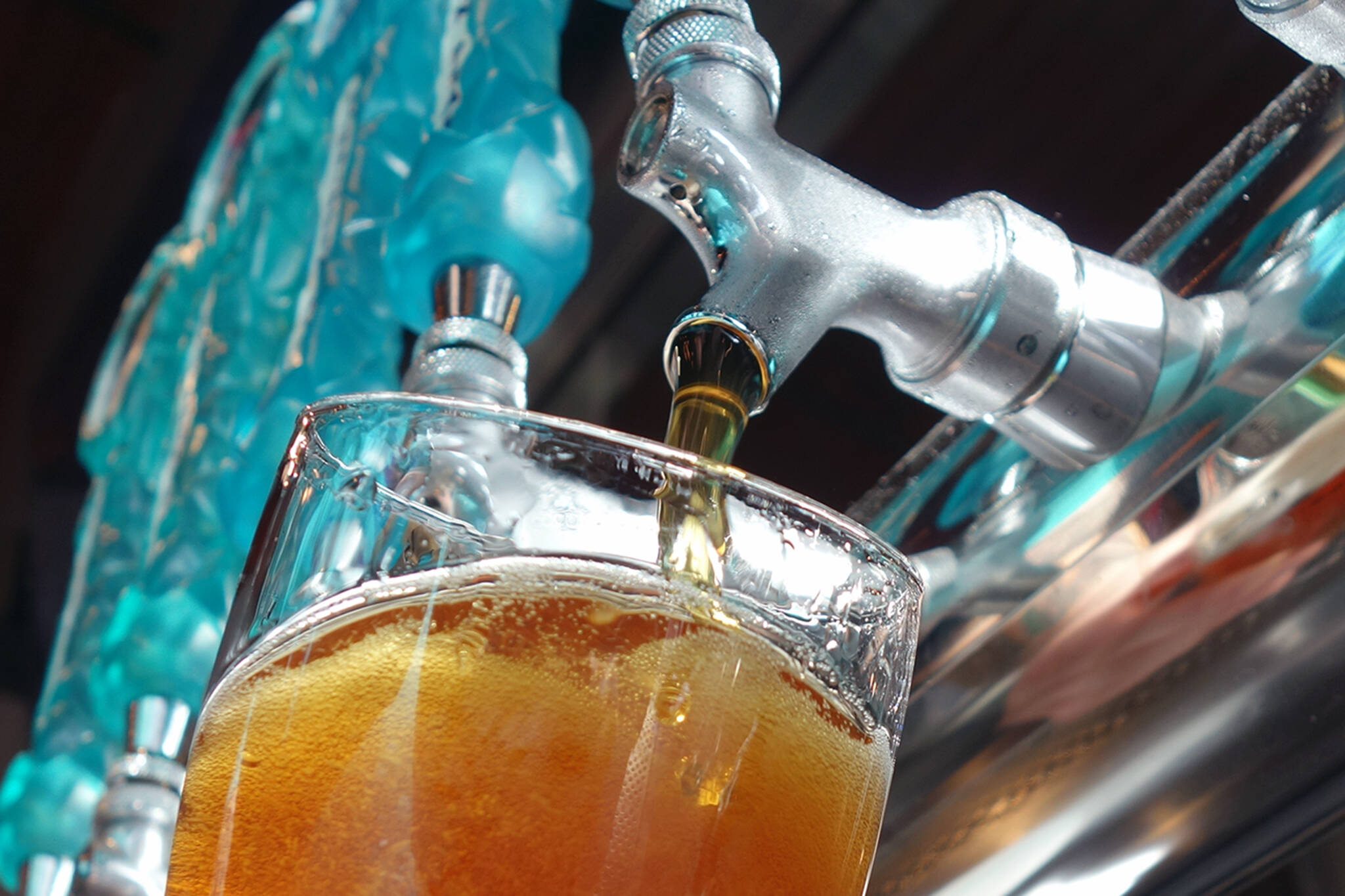By Jason Davis
Earlier this month, the Alaska Senate passed SB9, a bill that would substantially change the way alcohol is regulated in the state. The bill is currently working its way through the State House, with the expectation that it will be signed into law later this year.
The bill includes several important improvements to the way alcohol is regulated in Alaska, but in my opinion it includes a critical flaw, one that I have been urging legislators to amend before the bill becomes law.
Currently, Alaskan cities are permitted to have one brewery taproom and one winery tasting room for every 3,000 residents, meaning that a city of 12,000 people is allowed four taprooms and four tasting rooms. SB9 in its current form would severely restrict new taprooms and tasting rooms, limiting them to one for every 12,000 residents.
If the bill passes, a city of 23,000 would be permitted to have only a single brewery taproom, and a single winery tasting room. Existing facilities like mine would be grandfathered in, but the likelihood of any new taprooms being permitted to open in most of Alaska’s small or medium-sized cities would be very low. Homer, for example, would have to grow in population from 6,000 to 36,000 before another brewery or winery would be permitted.
Prior to passing SB9, the Senate Finance Committee wisely amended it to allow municipalities to petition AMCO, the state alcohol regulator, for additional taprooms and tasting rooms beyond the 1:12,000 limit. But last week, the bill’s sponsors persuaded the House Labor and Commerce committee to remove that “local option.”
The bill’s sponsors argue that retaining the lower population limits we’ve had for years, or allowing municipalities to petition for anything more than one brewery per 12,000 residents, could cause all the compromises that went into the bill to unravel.
Last week, when I was in Juneau, a key stakeholder urged me to stop asking lawmakers to amend the bill to allow additional taprooms, warning that “for every legislator that seems to want to help, there is literally a dozen lobbyists on the other side that will kill the idea in the crib.” Asked about the identity of such lobbyists, this key advocate for the bill stated that, in addition to local players, “AB Inbev, MillerCoors, and a few other global manufacturers do retain lobbyists in Alaska, along with a host of other national and global industry interests.”
It is my impression that some of those outside interests believe their industrial-scale manufacturing and wholesale operations are threatened, nationwide, by local craft brewers like us. Their opposition has not been able to prevent craft brewing growth elsewhere, but may help explain why SB9 restricts new taprooms and tasting rooms so severely while leaving population limits for bars and liquor stores unchanged.
I believe it is wrong-headed to sacrifice the future of Alaska’s vibrant craft brewing scene in order to move this otherwise positive bill through the legislature smoothly and quickly.
In establishing a Food Security and Independence Task Force earlier this month, Gov. Mike Dunleavy described the $2 billion Alaskans spend annually importing food as “an enormous wealth transfer from Alaska to outside entities,” adding that “the State of Alaska has a duty to improve the local production, harvest and consumption of foods.”
As a craft brewer, I do just that, creating 100% local products in-state and encouraging the expansion of local agriculture by buying tens of thousands of dollars worth of honey from local beekeepers, and sourcing large quantities of berries and fruit from local farmers and foragers.
I intend to keep urging lawmakers to fix this bill before it is turned into law, and hope that others will do the same.
• Jason Davis is the owner of Sweetgale Meadworks in Homer. Davis serves on the Homer City Council. Columns, My Turns and Letters to the Editor represent the view of the author, not the view of the Juneau Empire. Have something to say? Here’s how to submit a My Turn or letter.

